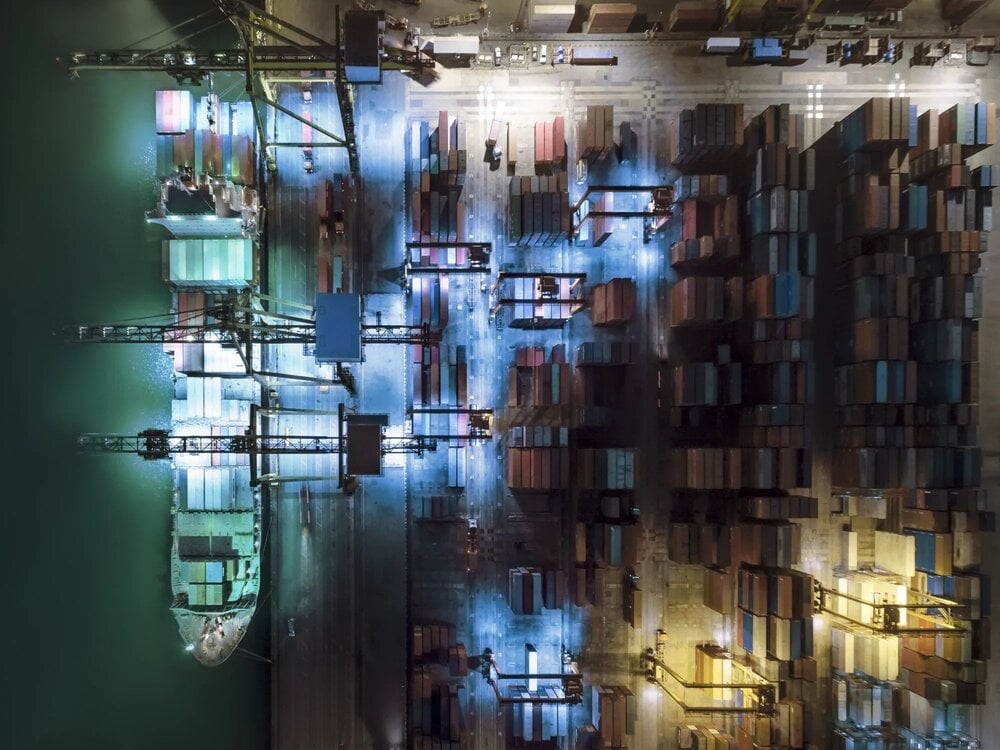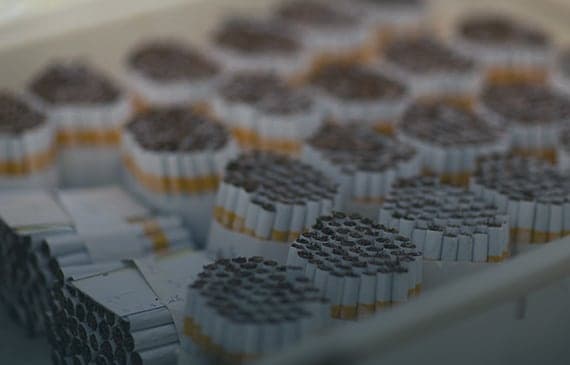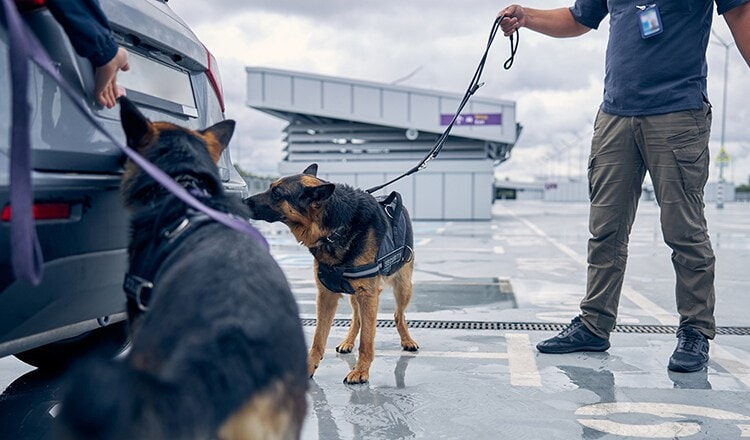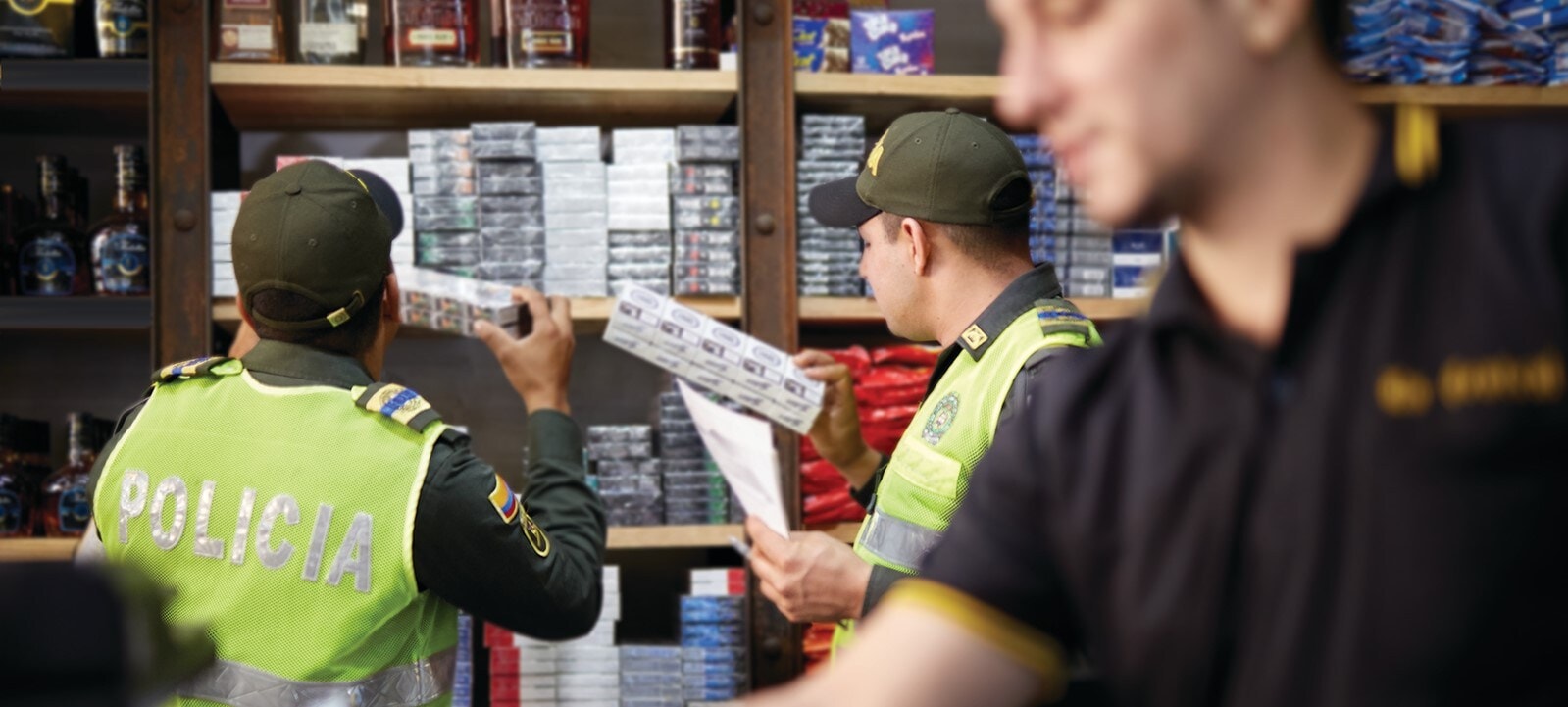On April 2 and 3, Philip Morris International (PMI) joined representatives of global shipping firms, freight forwarders, brand owners and law enforcement at the U.S. National Intellectual Property Rights Coordination Center (NIPRC) in Arlington, Virginia to discuss progress in the prevention of maritime transportation of counterfeit goods.
The meeting participants are signatories of the Declaration of Intent to Prevent the Maritime Transport of Counterfeit Goods (DOI). The NIPRC was the first government agency to sign the DOI in 2018.
Trade in counterfeit and pirated goods has risen steadily over the past few years. Since its inception in 2016, the DOI has spurred collaboration among its signatories, transforming the way brand owners and supply chain partners work together to tackle the issue of counterfeit goods in maritime trade.
“Ensuring a secure and responsible supply chain is a key priority for PMI, and preventing illicit trade is an integral part of this commitment,” stated Massimo Andolina, PMI’s Senior Vice President Operations. * “This cross-sectoral initiative has enabled us to work closely with our partners in the shipping industry, other brand owners and law enforcement to identify and implement best practices against the maritime trade of counterfeit goods.”
The DOI, of which PMI is a founding signatory and co-chair, is also an important platform for collaboration between private and state actors. This is a particularly crucial area, as 90 percent of all trade is conducted in shipping containers, of which only 2 percent are inspected by law enforcement.
Pirated and counterfeit goods now account for 3.3 percent of all global trade, according to a new report published this month by the Organisation for Economic Co-operation and Development (OECD) and the E.U.’s Intellectual Property Office.
Based on worldwide customs seizure data, the report estimates the global value of counterfeit and pirated goods was $509 billion in 2016, the latest year for which records were available. This was up from $461 billion in 2013, which amounted to 2.5 percent of all world trade that year.
Only through concerted efforts and broad collaboration between private and public actors, such as this initiative, can we tackle the challenge.
Alvise Giustiniani
Vice President Illicit Trade Prevention, Philip Morris International
The study reveals that the problem is particularly acute in the European Union, where counterfeit and pirated goods were found to account for 7 percent of the 28-nation bloc’s trade in 2016.
“Illicit trade, in all its forms, harms consumers, damages the economy and threatens society’s security while allowing criminals to prosper,” said Alvise Giustiniani, Vice President of Illicit Trade Prevention at PMI. “It’s a complex and challenging issue, which no government or single industry can address on its own. Only through concerted efforts and broad collaboration between private and public actors, such as this initiative, can we tackle the challenge.”
The DOI is a voluntary, cross-sectoral initiative that came to life in 2016 by brand owners including PMI, freight forwarders and leading shipping companies. It promotes a zero-tolerance policy on counterfeiting, supply chain controls, risk-profiling measures, awareness initiatives and trainings, as well as the sharing of information and broader cooperation among signatories.
* Massimo Andolina became President, Europe Region in January 2023.
Related articles
Fighting illicit trade
2 min readFighting illicit tobacco trade is a priority. Find out how PMI fights against this phenomenon.
Countering illegal trade needs a global response
3 min readPMI IMPACT is bringing together public and private sector representatives from all over the world to fight illegal trade and related crimes.
Illicit trade prevention
Fighting illicit tobacco trade is a priority. Find out how PMI fights against this phenomenon.




